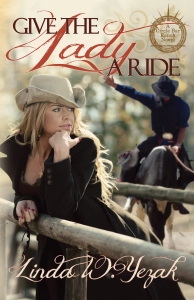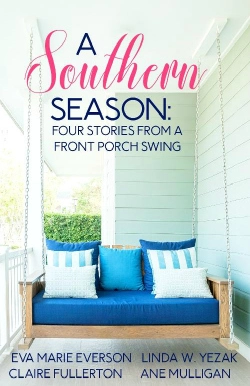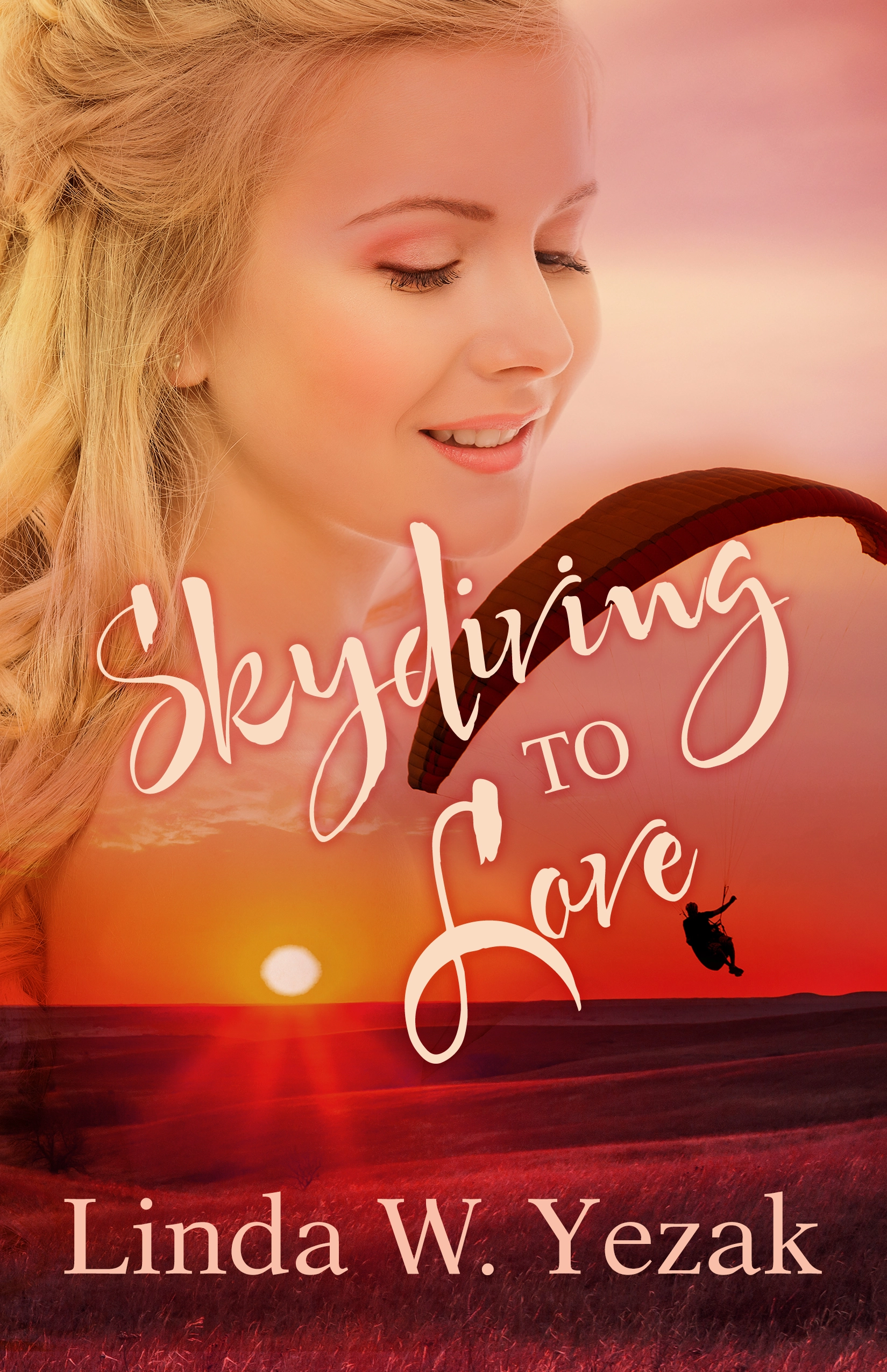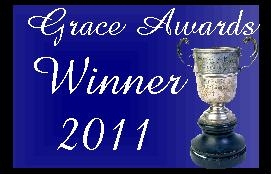 In “Critical Thinking,” a March-April Writer’s Digest article, Paul Goat Allen explains just what it is he looks for when reviewing a book. Paul is a freelance book critic for BarnesandNoble.com, Publishers Weekly, Kirkus Reviews, and the Chicago Tribune, so learning what he expects from a novel can give us a leg up when we’re writing something we hope is worth the coveted five stars.
In “Critical Thinking,” a March-April Writer’s Digest article, Paul Goat Allen explains just what it is he looks for when reviewing a book. Paul is a freelance book critic for BarnesandNoble.com, Publishers Weekly, Kirkus Reviews, and the Chicago Tribune, so learning what he expects from a novel can give us a leg up when we’re writing something we hope is worth the coveted five stars.
Most of what Paul says we already know and should be incorporating into everything we write. If we haven’t learned the techniques required to show a book reviewer a good time between the pages, we need stop writing and start studying. That has always been my biggest word of advice: Study the craft. If you’ve released a novel that you didn’t study for and sweat over, you shouldn’t be too surprised when the highest reviews you receive are from friends and family.
To gain high reviews from readers you don’t know and from professional reviewers, you have to know what they want. Paul calls his five-point list the “Book Reviewer’s Hierarchy of Needs.” You can find the full article on the WD website, but here are the top two:
- Readability
“Narrative clarity, narrative fluidity, having a coherent storyline” share top billing with “noticeably strong chapter beginnings and endings.” Books that contain these elements are what he calls “unputdownable.”
This speaks strongly not just to the craft of writing, but the mechanics of it. Knowing how to hook your reader at the beginning of each chapter and how to end each chapter with a cliffhanger guarantees that the bookmark will never find its place in your novel. Understanding thought progression so that every page, paragraph, and sentence flows easily and organically assures your reader is never stumped over your intentions. These are some of the mechanical aspects of writing that you should learn so well their employment becomes second nature. Even then, an editor can let you know whether you’ve succeeded in making your book “unputdownable.”
- Immersion
Let me just provide a few of Paul’s quotes directly from the article:
- I don’t want to experience the story as a detached viewer looking down at what’s happening—I want to feel like I’m in the story.
- The litmus test for this is easy. If I become so engaged with a book that I lose track of time … you’ve succeeded in drawing me fully into your read.
- Writers who are absolute immersion masters … are so good at captivating description that weeks, months and oftentimes years after reading their novels I can still vividly recall specific scenes.
Aside from writing in a deep POV, something Paul doesn’t mention in his article, an author whisks his reader away by giving the illusion of actually being in the setting. A quick grounding of the reader in your story world is usually done within the first few paragraphs. But Paul says one of the problems he finds in books is the fact that “world-building and meticulous description at the beginning of a novel” doesn’t go all the way through. Once things heat up, the action overrules the sense of actually being there.
Crafting description can be tricky. Readers don’t want to wade through paragraph after paragraph of descriptive passages, but they do want to feel like they’re in the scene. Once the reader is grounded in the setting, the author still must maintain the illusion for her. Word choice makes a difference here. The word “troika” brings a different image from the word “buggy,” so learning the terms of your setting can help pull your reader into it. Props also help. In the right era, a quill trumps a Bic. You know the tricks. Employ them.
Paul’s article basically reinforces what we already know. But if this—or any of the points in his article—is news to you, you need to study more.
Writing for escape, which is what most fiction readers want, isn’t as easy as it sounds. When you have one aspect of the craft down pat, you discover you’re weak at another. This is constantly a learning process. And those of us aiming for those five-star reviews are always aware of our weaknesses and are always seeking to become better.
Aim high.


















Yes! Studying and trying to implement, always striving but not quite getting there. So, it’s the carrot we keep working toward, one word, one sentence, one story at a time.
LikeLike
Yes, ma’am!
LikeLike
Great stuff. As a reader, I totally agree with his points, especially those about immersion.
LikeLike
Me too. I’m a total escapist at heart.
LikeLike
Pingback: Share the Love ~ May | Gail Johnson